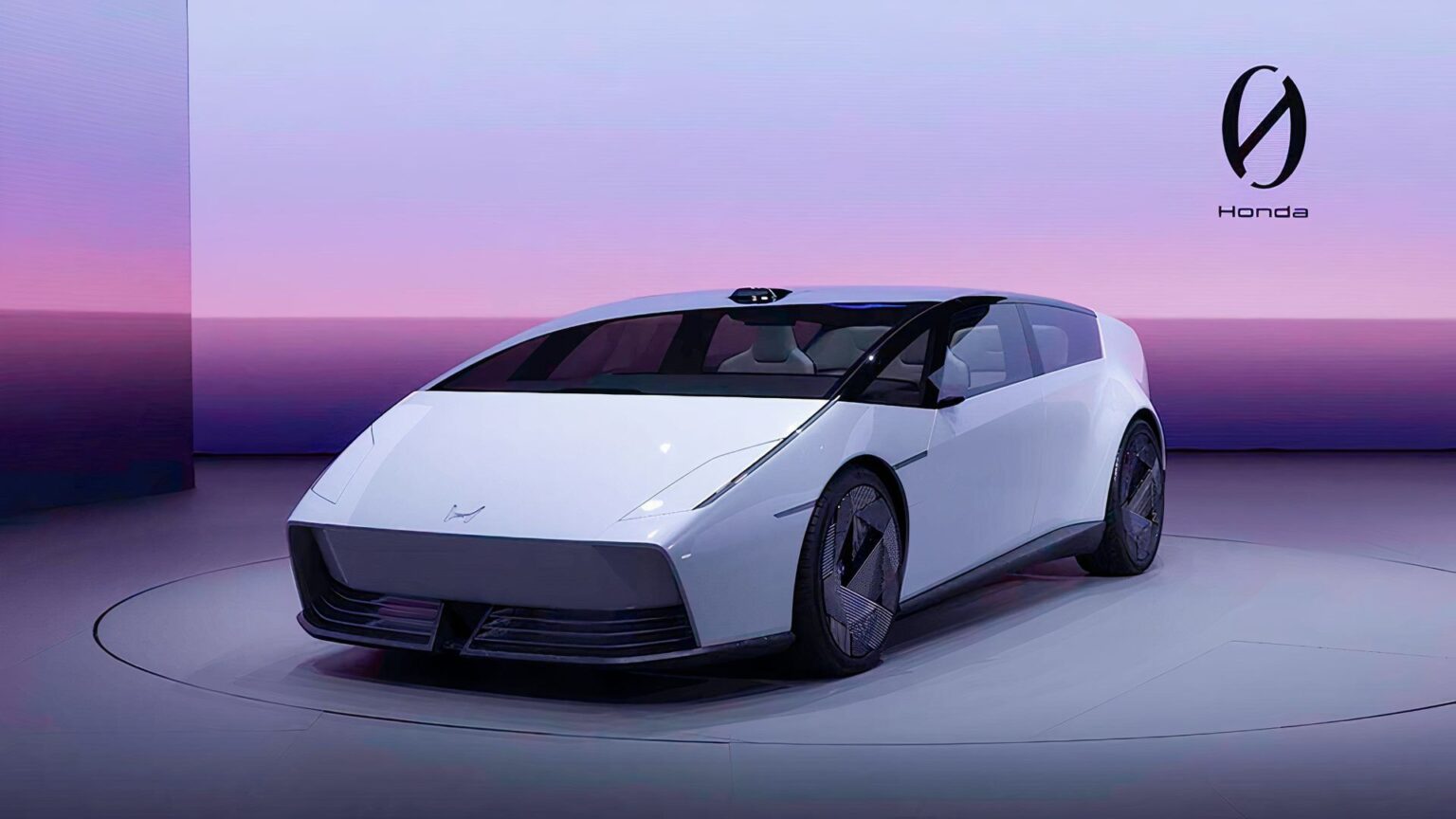While arguably everyone in North America is relieved by the Trump administration’s decision to suspend for 30 days the suggested 25-percent tariffs on Mexico and Canada, the threat of a trade war remains. For the auto industry, now tightly knit between all three countries, the consequences of such tariffs could be immense, potentially shutting down manufacturing facilities, and leading to heavy job loss in the process. It would also collectively hurt our three economies.
But tariffs would also be a direct hit to several automakers, who have recently announced their intentions to set up shop in either the U.S., Mexico, or Canada in an attempt to reinforce North American supply chains after the Biden administration’s requests. Canada has been a hot-bed for investments from carmakers in electric vehicles (EVs), or the supply chains required to build them. Stellantis, Ford, GM, Volkswagen, and Honda have all committed to these multi-billion-dollar investments. How are they reacting to the prospect of a North American trade war? Honda says it’s keeping its head cool, and staying the course with its massive Canadian EV project.
But Honda Remains Cautious
In case you were unaware, Honda announced in April of last year that it plans to inject an additional $15 billion (CDN) – or the equivalent of over $10 billion USD – in its existing Alliston plant in Ontario. Alliston is where Honda currently builds the Civic and the CR-V, pumping out, on average, more than 400,000 vehicles each year. It’s Canada’s second-largest vehicle producer by volume.
The investments aim at creating a massive, “comprehensive” electric-vehicle battery supply chain in Canada, including a new EV assembly plant and new battery-cell manufacturing plant, all sourced from Canadian natural resources. The goal of this project, as per Honda, as well as Canadian Prime Minister Justin Trudeau at the time, was to reinforce Canada and the United States’ independence in the global EV race, as well as the sourcing of the critical materials required to build them.
Honda says that amidst a potential tariff war between the U.S. and Canada, it plans to stay on track with this project, but did mention being cautious during an interview with Automotive News on the matter during the reveal of its 0-Series EV prototypes at CES. As Honda is currently focused on its merger talks with Nissan, the Japanese carmaker warned that the company must tread lightly given the uncertainty of Trump’s policies around EVs.
Maybe we might have to delay our start of the production of the EV models somehow
– Honda Motor Co. Executive Vice-President Noriya Kaihara
Honda Says It Is Flexible And Can Adapt
All that being said, Honda says it’s still committed to completely electrifying its lineup by 2040, using a blend of different technologies, including internal combustion engines (ICEs) to get there. It also plans on coordinating Alliston’s operations with its EV manufacturing hub in Ohio. The carmaker added that it is planning a long-term approach to electrification, and that its investments are planned with flexibility built into them, which would allow the carmaker to “pivot accordingly” if a trade war were to break loose.
Honda Canada, in a statement to Automotive News, said that it would make no immediate changes to its vehicle assembly operations in Ontario, nor would it make any sudden changes in response to tariffs, if they were to happen.
Read the full article here


